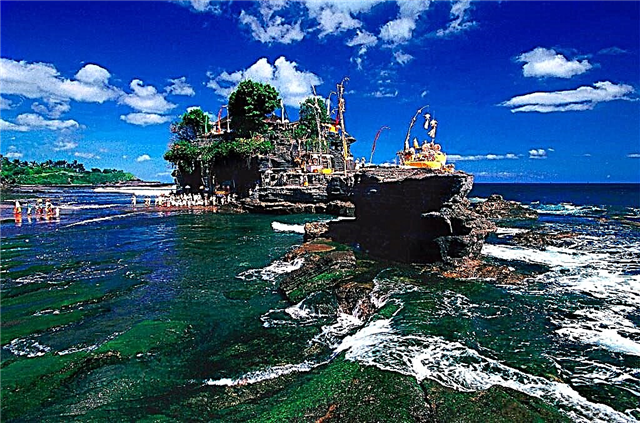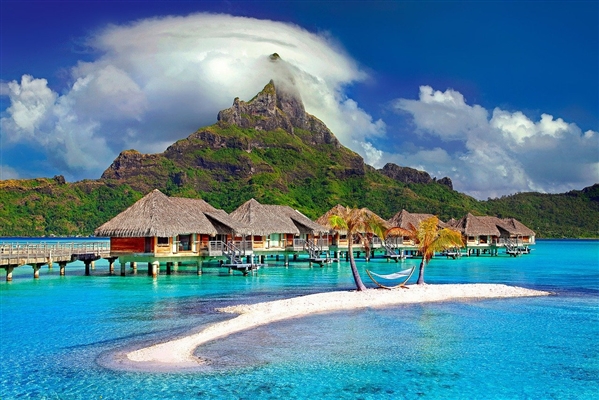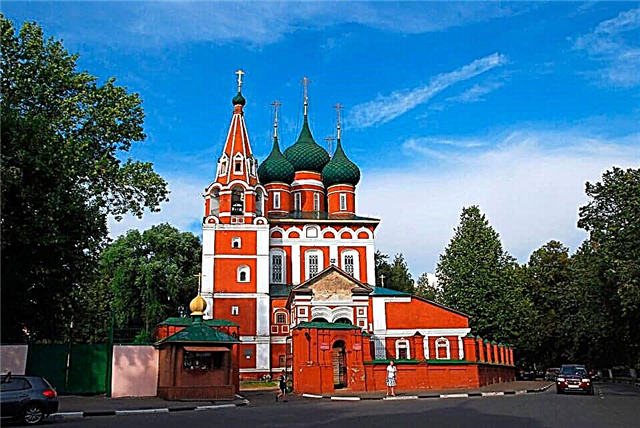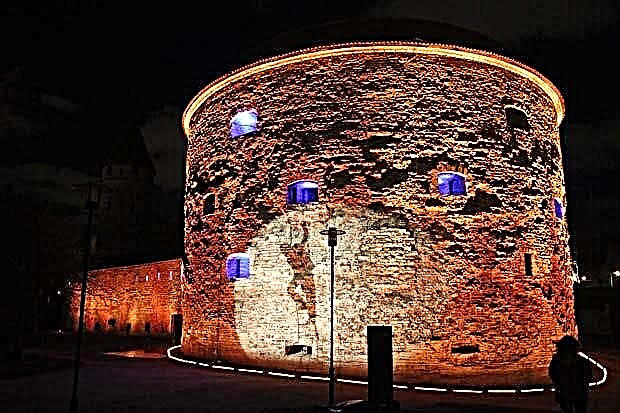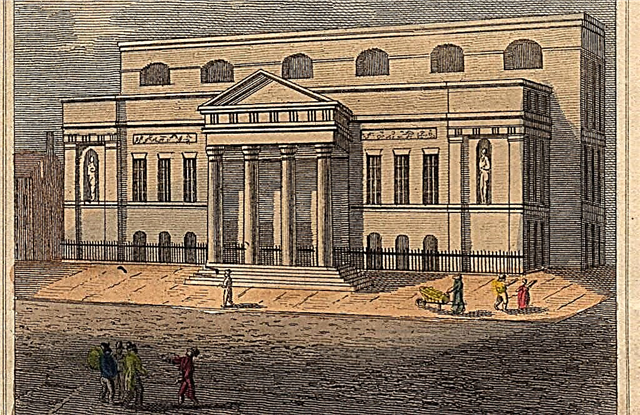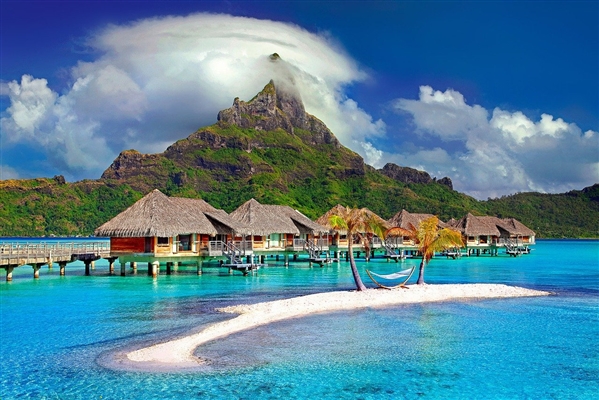Secretary of the national organization for tourism in Greece Dimitris Trifonopoulos announced his intention to simplify the procedure for processing all the necessary documents for visiting the country by Russian tourists. This decision was the logical conclusion of serious negotiations with representatives of business in the tourism sector, as well as the Ministry of Foreign Affairs.
Recall that in 2014 the popularity of Greek resorts among Russians reached its historical peak. Over the past period, more than one million tourists from Russia have visited the country. And the Greeks intend to repeat this success in 2016, having declared their readiness to receive at least 1.2 million of our compatriots. And the main mechanism for the implementation of their plans in the government is the simplification of the procedure for issuing visas. But in 2015, the tourism sector collapsed. 62% fewer tourists from Russia expressed a desire to visit the country than it was a year earlier.
Representatives of private business are also interested in increasing the tourist flow. They said this during a meeting with officials, expressing the hope that the government will support the initiative to simplify the mechanism for processing entry documents. It is on Russian tourists that local tour operators are pinning their hopes on them, which incur colossal losses due to the difficult economic situation in the country.
The head of the Greek Association of Travel Agents, Lissandros Tsilidis, is convinced that 2016 could be a decisive year for the local tourism sector. Studies show that Russians do not intend to give up traveling abroad at all. Due to the difficult situation in Egypt, Tunisia and Turkey, there is a possibility of a change in priority travel destinations. And the authorities have no right to miss such a chance, because even today Russians are actively interested in the conditions for recreation in Greece and Spain.
Today in Greece there is a problem not only with the issuance of visas. Interest in resorts is also declining due to the exchange rate, as well as the introduction of VAT on some types of business. All this entails an increase in average prices for hotel accommodation up to 10%. Therefore, it is necessary to seriously reconsider the approaches to the formation of prices for hotel accommodation.

